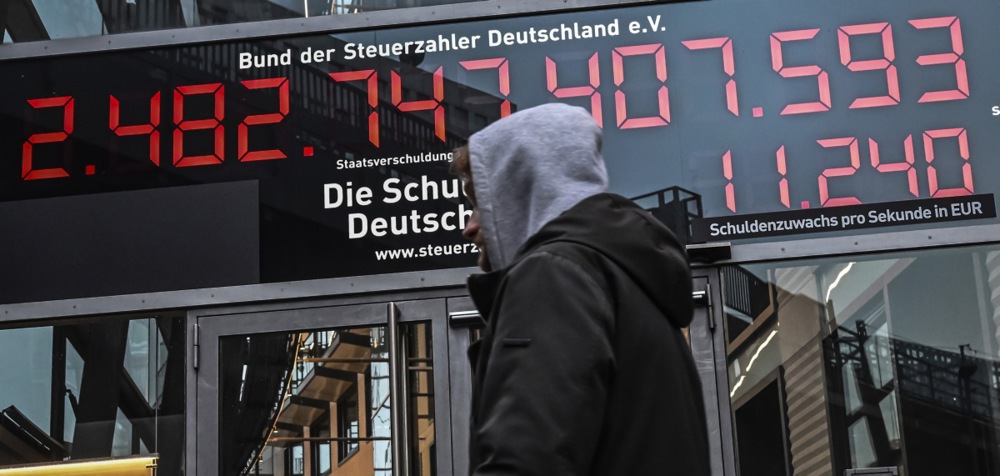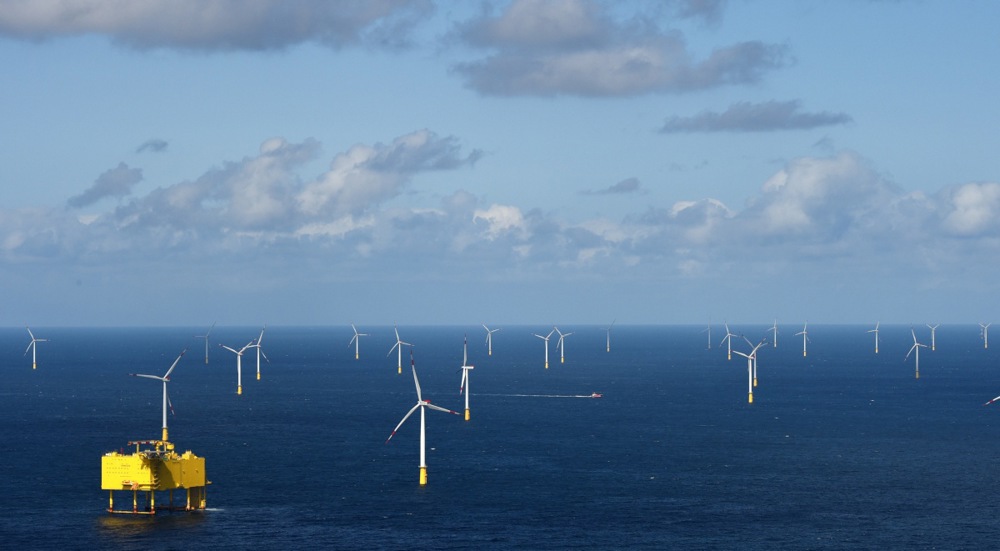What some regard as overzealous European Union regulation risks casting a cloud over citizens’ summertime plans to relax with a refreshing drink or two.
From this July, major beverage companies are obliged by a directive on the reduction of the impact of certain plastic products on the environment to introduce so-called tethered caps.
These lids are designed to remain attached to the bottle in a bid to cut environmental pollution, but some critics argued the move may prove counterproductive.
Asked by Brussels Signal about the directive, Christopher Snowdon, head of lifestyle economics with the Institute of Economic Affairs, said: “This is an attempt to emulate the successful phasing out of ring-pulls on drink cans in the 1980s.
“Unlike that initiative, this is likely to negatively affect consumers and have a negligible impact on littering.
“Bottle tops that cannot be fully removed make it awkward and uncomfortable to drink the product. I suspect that many consumers will find this policy infuriating and will consider it to be another example of EU over-reach.”
Fixed lids will become mandatory on single-use PET (PolyEthylene Terephthalate) beverage packaging with a volume of up to three litres, including water, lemonade and, for example, milk among many others.
European regulation will demand that lids must be firmly attached to disposable plastic packaging to help cut environmental pollution. If they are forcibly ripped off, a sharp piece of plastic usually remains.
According to the European Environment Agency, non-attached lids often end up on European beaches, damaging the marine environment.
The directive was launched in 2019 and gave manufacturers five years to adopt it. Some companies, such as Coca-Cola, have already introduced it on a voluntary basis. From July onward, it will be mandatory across the EU.
The initiative was created during the previous term of the European Commission under its then-president Jean-Claude Juncker, as part of the Circular Economy Action Plan. It was subsequently pushed by Frans Timmermans, who spearheaded the Green Deal legislation in the EC under current President Ursula von der Leyen.
European countries have significant variations in their approaches to plastic pollution. Some have good records regarding plastic recycling while others lag behind.
Germany, for example, does not have a major problem with lids turning up in the environment, mainly because the country has a successful used-plastic returns process.
Public broadcaster ZDF noted that in Germany, 97 per cent of PET bottles are returned thanks to the deposit system – 95 per cent with a lid, pointing out that such lids also prevent leaking of residues.
Speaking to German newspaper Die Welt, the managing director of the German Association of Non-Alcoholic Beverages, Detlev Groß, said: “The lids therefore do not pose any relevant environmental problem at all in Germany.”
In Belgium, the Flemish Government is introducing a cash payment system for returned plastic bottles and cans from 2025, making it practically rewarding to recycle. In the Netherlands, similar has been in favour since 2023.
A Dutch study showed that such systems can cut pollution from plastic bottles and cans by 70 to 90 per cent.
As part of the Green Deal, 55 per cent of plastic packaging waste should be recycled by 2030.
Plastics are problematic because they decompose very slowly. As microplastics, they remain in nature for hundreds of years, are ingested by animals and end up back in our food cycle.





